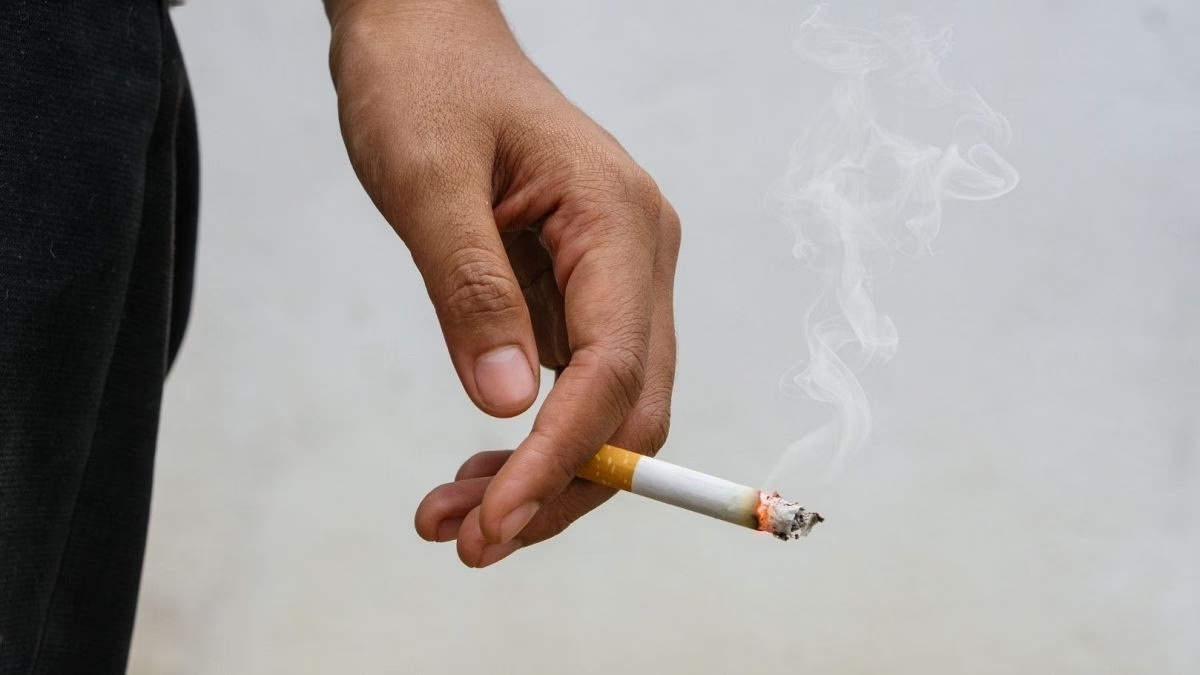Published on
<div style="--widget_related_list_trans: 'Related';">
<div class="c-ad u-show-for-mobile-only">
<div class="c-ad__placeholder">
<img class="c-ad__placeholder__logo" src="https://static.euronews.com/website/images/logos/logo-euronews-grey-6-180x22.svg" width="180" height="22" alt="" loading="lazy"/>
<span>ADVERTISEMENT</span>
</div>
</div>
Smokers in the Netherlands pay more for cigarettes than almost anywhere else in the European Union – and the country increased taxes again last year, to the delight of public health and anti-smoking advocates.
However, new research indicates that raising tobacco taxes may not be as effective in small, wealthy countries where people can easily cross borders to buy cheaper products abroad.
After the Netherlands raised cigarette prices by 24% and by 45% on rolling tobacco in 2024, approximately 7% of smokers quit, according to a Dutch public health agency's analysis.
Meanwhile, 22% of smokers reduced their cigarette consumption, and 14% switched to a cheaper brand.
But many smokers looked across the border for their tobacco products. Dutch smokers bought an estimated 60% of their tobacco products in other countries after the tax was introduced, the study found, up from 40% in 2023 and 30% in 2020.
Policy should focus on reducing the purchase of tobacco products abroad, the agency said.
It recommended restrictions on the number of cigarettes and other tobacco products that can be brought into the country. The health agency also wants excise taxes on e-cigarettes to make it less likely that young people will become addicted to vaping before switching to traditional cigarettes.
<h2>Where do tobacco taxes work?</h2>
The World Health Organization (WHO) says raising tobacco taxes is one of the fastest ways to curb smoking and other tobacco use, which kill more than eight million people worldwide every year.
The WHO recommends a minimum tax rate of 75%.
Price controls appear to be more effective in lower-income countries, where tobacco taxes were associated with a 9% reduction in cigarette smoking between 2014 and 2020, according to a study published last year. In wealthy countries, taxes were tied to a 6% decline.
The latest data from the Netherlands indicates that, given the availability of cheap tobacco from abroad, the price policy is becoming less and less effective, the Dutch health agency stated.
As long as tobacco prices in neighboring countries do not increase, the agency expects that the share of people who quit or attempt to quit will decrease.
That could soon change. The European Commission, the EU’s executive body, is reportedly considering raising taxes on rolling tobacco by 258% and on cigarettes by 139%, amid pressure from member states to tackle tobacco consumption.
Last year, the Netherlands and 15 other countries urged the Commission to act on an EU-wide basis, saying the wide variation in tax rates across the bloc is undermining its single market.
Across the EU, taxes on a 20-pack of cigarettes range from €1.92 in Bulgaria to €9.92 in Ireland, according to a 2024 analysis from the Tax Foundation.
The Netherlands has the second-highest tax rate, at €7.66.
</div>




